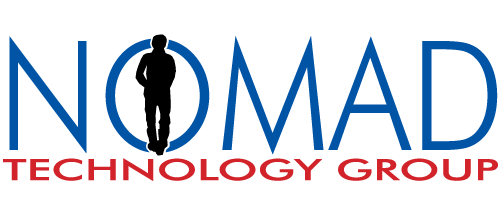8 Ways an MSP can help implement an AI solution
8 Ways an MSP can help implement an AI solution
AI has some real attractions, and now that it has become so advanced, it has gained the attention of the public and the media. However, just because something is a fad, doesn’t mean that it is either new or something everyone needs. Before an organization, especially a small- to medium-sized business, initiates the use of AI in its business processes, it needs to understand that because the tool is so powerful, it also comes with some real risks. Although its predictive capabilities can be transformative for business, they can also be wrong or present legal and ethical issues. As a result, businesses should utilize the experience and skills of experts with a deep knowledge of AI and how it may be applied to your specific organizational goals.
Eight ways an MSP can help with an AI solution
AI, on its own, is a complex tool. It is also a tool that can be misapplied. Remember, the term artificial is key. To be used effectively and wisely, AI needs to be applied by someone with experience using it in your particular business. An MSP can offer the following to help you begin to integrate an AI solution into any aspect of your business.

Step one: Are there potential places where you might use AI? This is where your MSP can be of help. They understand your business and can help identify where it might assist your operations or marketing, for example.
Step two: Understand your KPIs and organizational goals, from the top down. It is obvious, but too often forgotten. What are your goals? What are the measures of success? What do you identify as the key strategies? AI needs to fit into that framework.
Step three: Narrow down a range of possible AI solutions. An MSP is going to have enough depth of knowledge of AI applications to steer you to the most appropriate ones. goals.
Step four: Estimate the solution’s ROI. Measurement matters. You need to understand the costs and ROI of each possible collusion. Just because it is trendy doesn’t mean AI makes sense in all cases. This will guide you to make the most effective use of your resources.
Step five: Ensure compliance: For example HIPAA, PCI. HITRUST. ISO27001, SOC1, SOC2. AI is a powerful and potentially intrusive tool. Compliance is critical.

Step six: Get it up and running. An MSP can implement the solution for you. Most business owners do not have the resources available for what can be a very time-intensive project.
Step seven: Manage risks. Post-implementation: AI is a sophisticated tool, and things can go wrong and need ongoing monitoring, an issue that most businesses do not have the in-house resources to address. Examples of ongoing tasks include password management, security patches, and updates, as well as monitoring response
Step eight: Ongoing evaluation for effectiveness and reliability. Remember, nothing is stagnant in business. Technologies change, the competitive environment changes. Your organization moves forward. Make sure you commit to ongoing reviews of the effectiveness of your chosen solution.
In the end, AI can be useful. But, as with any powerful tool, it can cause a lot of trouble if used by an organization without experience. Small-to-medium-sized businesses lack the in-house IT resources and depth of knowledge to implement and maintain an AI infrastructure. An MSP can bring that to the table.














